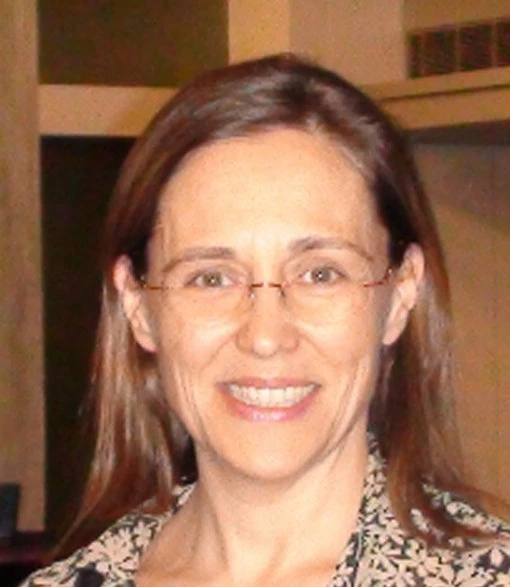I am heartened by the discussions at the recently-concluded Global Thematic Consultation on Governance and the Post-2015 Development Framework, held in Johannesburg, South Africa. The meeting, facilitated by the United Nations Development Program (UNDP) and the Office of the High Commissioner for Human Rights (OHCHR) and hosted by the Pan-African Parliament, brought together a wide range of stakeholders across regions and constituencies, including from government, grassroots to international civil society, national human rights institutions, youth groups, parliamentarians, and representatives of the media and the private sector, allowing them to share their views and concerns about the post-2015 agenda.
The exchanges at the two-day meeting have been thoughtful, articulate and yet passionate. And they have all pointed in the same direction: the need for a new and more effective framework that will improve the mixed outcomes achieved by the current MDGs. As Varun Gauri elegantly pointed out (MDGs that Nudge – Ask your mom or dad), we need a new MDG framework that “captures the attention and enthusiasm of non-experts (regular people)”. We also need a framework that can make a difference on the ground.
One aspect that was not included in the current MDGs framework is governance. And yet, there is growing empirical evidence that governance is linked to economic growth and inequality. Even if the empirical evidence is not fully conclusive, we can all agree that development objectives cannot be achieved and sustained in the presence of weak institutions and poor governance systems, since the strength of the governance system of a country determines the impact and effect of its policies. Similarly, governance is key to ensuring effective service delivery. For child and maternal mortality to decline, it is necessary to have functioning health systems which ensure that clinics are built, staffed, and provided with medicines – requiring a reasonable level of government effectiveness (from the national to the local level), and a good enough budgeting and monitoring system to avoid rampant leakage of funds or supplies. In countries with poor governance, the institutional system to ensure such government effectiveness is often unreliable, not least because the incentives for diverting funds are often greater than the incentives to deliver good services.
Thus, a link exists between the quality of governance and the possibility of achieving the MDGs and it is a link that many practitioners today (in Johannesburg and around the world) believe has been overlooked in the past and that could help improve the record of the “second generation” MDGs.
A World Bank note, prepared by the Governance and Public Sector Management team, sets out some arguments as to why some of the more measurable aspects of governance might merit inclusion in the post-2015 architecture. Building on more recent findings on the link between some more conceptually distinct components of governance and long term growth, the note suggests that “transparency” could reasonably have a place in the post-2015 agenda because of its proven role in increasing accountability, promoting growth and reducing income inequality. Although the justification for such a move must ultimately be empirical, the inclusion of transparency as a development goal is also intuitively reasonable and consistent with ethical values held by many. In sum, it is likely to find significant support.
While transparency appears to be the most promising area of governance for consideration in the post-2015 agenda, more work would be of value in increasing the availability and quality of transparency data and in further deepening the proven link between transparency and development outcomes. It is also important to emphasize that the focus on transparency does not exclude other aspects of governance that could also be added to the post-2015 agenda, once progress in these areas, in terms of measurability, data availability and contribution to development, have materialized.
I followed Varun’s advice and have asked my parents. They agreed that now is the time to make a difference and to put governance on the table.


Join the Conversation